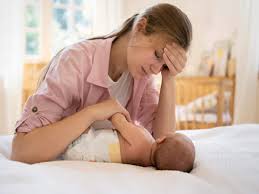Postpartum Care
Medical & emotional support
Caring for yourself
Regardless of the delivery method, it’s crucial for taking care of your body and allow wounds to heal properly. Maintain a good hygiene, avoid lifting heavy objects, and take precautions to prevent infections.
-
Drink lots of water to stay hydrated, especially if you are breastfeeding
-
Eat nutritious meals rich in protein, iron and fibre
-
Consider to take postpartum vitamins if recommend
-
After six weeks, can start light physical activity
-
Walking outdoor may help blood circulation and change the mood too
Baby Blue
Go along with the physical recovery from childbirth, the change in your hormonal levels can lead to a wide range of emotions, both ups and downs. The downs are sometimes called the baby blues and are due in part to changes in hormonal levels, unhealthy eating habits, fatigue, lack of sleep, the challenge of getting to know your newborn. Loneliness or isolation from other adults, and the constant full-time demands of an infant. For most new moms, the baby blues decrease with time and sleep and disappear within a few weeks
But if these feelings continue, you may have true postpartum depression. Symptoms of postpartum depression include excessive worrying or crying, extreme changes in appetite, the inability to sleep, and the inability to care for your baby or yourself. If you experience any of these symptoms while you are in the hospital or when you get home, don't wait for them to go away. Talk to your partner, family, and friends, healthcare provider, and seek professional help. In some cases, medication may be prescribed
